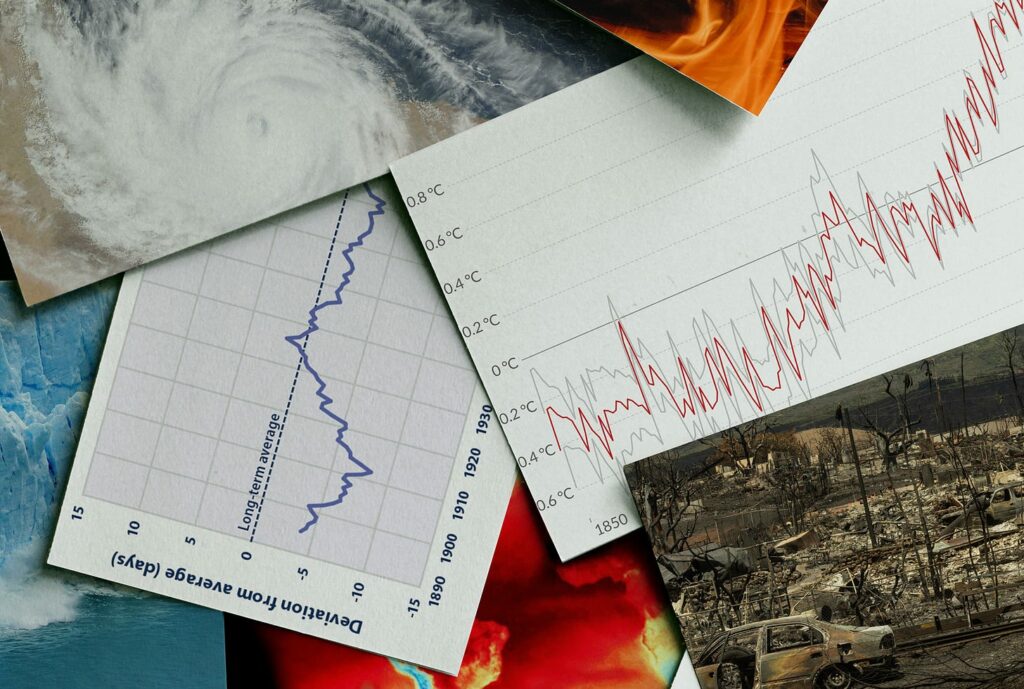This week we launch another series, a deep dive into a recent essay by climate scientist Patrick Brown on the incentives and biases distorting modern climate science towards alarmism. Many of the issues will be familiar to CDN readers, but Brown is uniquely positioned to expose the reality of the problem because he was a successful insider who decided he didn’t want to play the game. So even though he was still early in a promising career in climate science, he blew the whistle on himself for fudging his conclusions to get published in prestigious journals, and left academia for a think tank (the Breakthrough Institute) which to its credit has given him the freedom to do his research and writing without imposing a narrative. This week we discuss Brown’s focus on the handful of high impact journals that dominate news coverage of climate science and that can make or break an academic’s career, and how the journals have signalled explicitly the kinds of studies they are or aren’t interested in publishing.
Brown presents a list of the 50 most widely discussed papers in climate science over the past 5 years. These aren’t necessarily the ones with the most academic citations, mind you. Instead they are the highest ranked ones on something called the Altmetric system which tracks mentions in news coverage and social media. Of these 50, three quarters appeared in only four journals: Nature, Science, the Proceedings of the National Academy of Sciences and The Lancet. Why those four? In part because they, especially Nature and Science, have massive and sophisticated public relations departments that ensure widespread attention to the papers they publish and the resulting media attention in turn supports the business model of the publishers.
For instance the publisher of Nature, a company called Springer Nature, charges subscription fees of as much as $11 million to universities. And for authors whose papers are accepted for publication they charge $11,390 as an “Article Processing Charge” in exchange for allowing the author to freely distribute the work. Yes, it’s pay-to-play.
Brown’s experience when publishing in Nature was typical. His work was covered by over 70 national and international media outlets. Such media attention then leads other academics to hear of your work and eventually to cite it. Citations of an academic’s work are the key measures universities use when deciding on hiring, promotion and tenure. And an earlier paper Brown also published in Nature was cited four times more than his next-most-prominent work so the difference is huge.
Brown also cites evidence from other researchers about the career benefits of landing in a high-impact journal:
“Surveys of academics show that early career researchers with high-impact publications are 6 times more likely to be offered a faculty position, and that journal name recognition and journal impact factor are highly valued for making decisions on academic promotion and tenure. Hiring committees will inevitably use journal prestige as a shortcut in evaluation because it is simply very difficult to simultaneously assess the quality of dozens of candidates’ CVs when they work in different subdisciplines.”
So these few journals really are gatekeepers to the golden groves of academe and their inner sanctum of tenure. But there is a downside to having so much scientific power concentrated in so few hands. As we will explore next week, both Nature and Science have staked out very clear editorial positions in favour of climate alarmism and aggressive pursuit of goals like Paris and Net Zero. They don’t take kindly to science that they see as undermining those goals. And as Brown himself discovered, even after running the gantlet of publishing in a journal like Nature, if you let on publicly that you aren’t on board with the narrative the media promotion machine will quickly shut you down.


